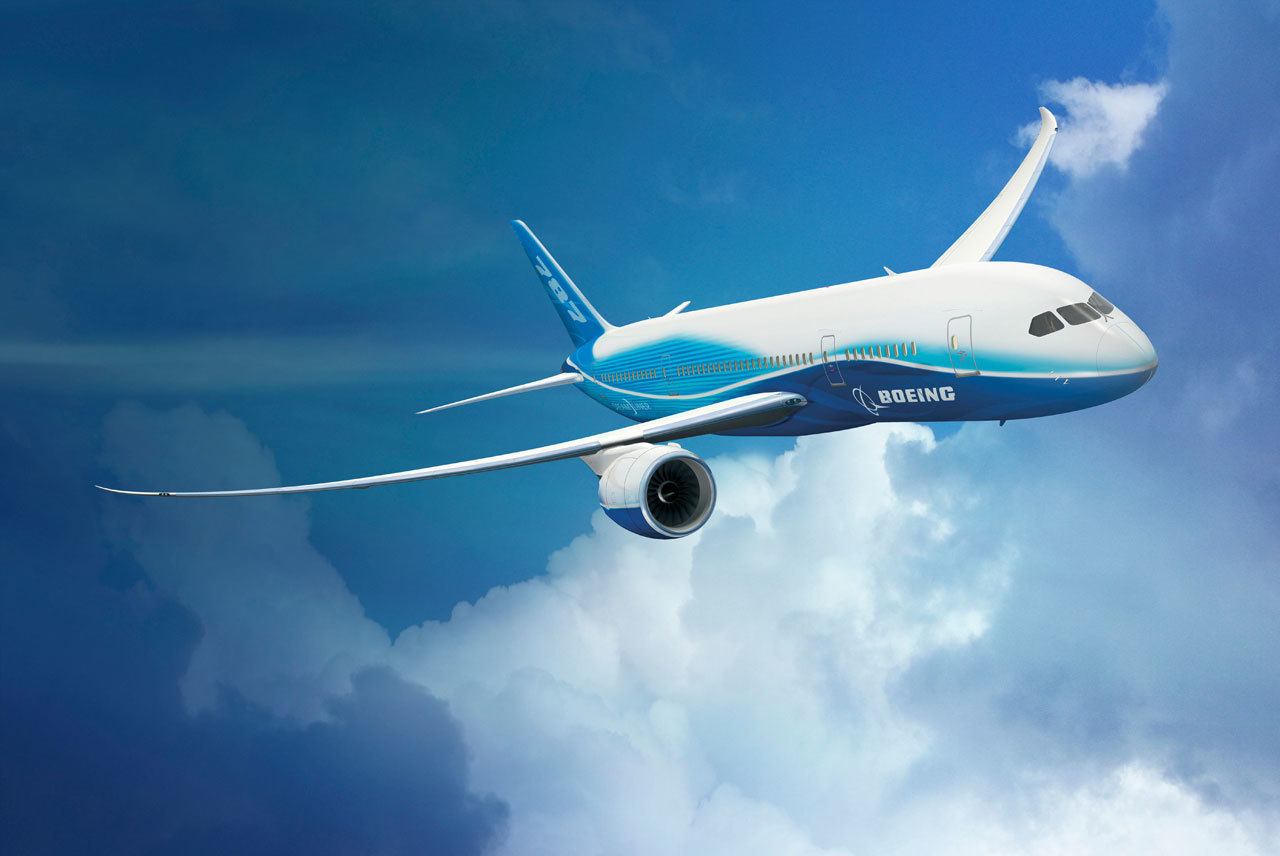When President Trump spoke to Boeing workers at its South Carolina production facility, he reiterated his campaign promise to bring jobs back to America.
It is a goal we collectively desire, but it is much more complicated than his campaign slogan would have us believe. If it is not carefully implemented, it could hurt the very workers and communities the president intends to help.
Unlike America in the 1950s, today it is rare to find a product that is made exclusively in one country, especially complicated machines and electronic devices
For example, Boeing spent billions in developing its supply network for the revolutionary 787 Dreamliner and receives components from a world-wide chain of suppliers including Mexico and Canada – our NAFTA trading partners.
It is even more complicated for Boeing because, unlike traditional supplier networks, many of its suppliers are full partners who have invested their own money in the development of the 787’s parts. They invested with the idea that they would make money off their investment throughout the life of the program.
While slapping a 20 percent tax on Mexican imports – such as thrust reversers – to build a border wall may sound good, companies like Boeing would suffer. It adds to jetliner prices in a highly cost sensitive global market.
“If Trump’s policies damage Boeing, Airbus would be the big beneficiary,” Richard Aboulafia, vice president at aviation consulting firm Teal Group, told Business Insider.
The fact is the world’s economy is linked. The North American economy, especially, is highly integrated and whatever actions government takes on one side of the Canadian or Mexican border causes an equal if not greater reaction on the other side.
President Obama learned that early in his administration with his “Buy America” initiative.
In 2009, the “Buy America” language in the $787 billion federal stimulus legislation created a firestorm in Ottawa. Canada, our nation’s largest trading partner and long-time friend, took exception to the President’s protectionist initiative because the Canadian Parliament took precautions to ensure that a “Buy Canada” provision was excluded from its economy recovery plan.
The issue came to a head when local governments in the United States were disqualified from stimulus money if they built water treatment facilities containing foreign parts.
If Americans excluded Canadian products from our treatment facilities and the countervailing “Buy Canada” language stuck, U.S. companies and their workers stood to lose $6.18 billion a year. Canadian companies would lose $4 billion if they were excluded from providing pipe and water systems to American government projects.
Neither country wanted that and recognized it had even deeper practical ramifications.
According to Doug Conant, who was CEO of Campbell Soup Company, 4,000 shipments of ingredients for its food products cross from our country into Canada each day and 3,500 come from Canada into the U.S. Some of the vegetables cross the border twice when ingredients from processing plants in both countries are mixed, packaged and distributed to retailers across the globe.
Companies like Boeing also have large worldwide customers. Today, China accounts for nearly a quarter of Boeing’s production. Boeing Commercial Airplane Company employs 83,000 workers worldwide.
Boeing believes China could buy as much as $1 trillion worth of commercial airplanes over the next 20 years. There’s a lot of demand there for wide-body jets like the 787 Dreamliners.
The bottom line is protectionism doesn’t make sense because manufacturers today are international. Neither does ripping up sensitive trade treaties nor threatening new taxes on goods made in foreign countries coming to United States.
While simple tough talk may make good campaign material, it doesn’t lend itself to sensitive and complicated national policy.
Don C. Brunell is a business analyst, writer and columnist. He retired as president of the Association of Washington Business, the state’s oldest and largest business organization, and now lives in Vancouver. He can be contacted at theBrunells@msn.com.
Talk to us
Please share your story tips by emailing editor@kentreporter.com.
To share your opinion for publication, submit a letter through our website https://www.kentreporter.com/submit-letter/. Include your name, address and daytime phone number. (We’ll only publish your name and hometown.) Please keep letters to 300 words or less.

